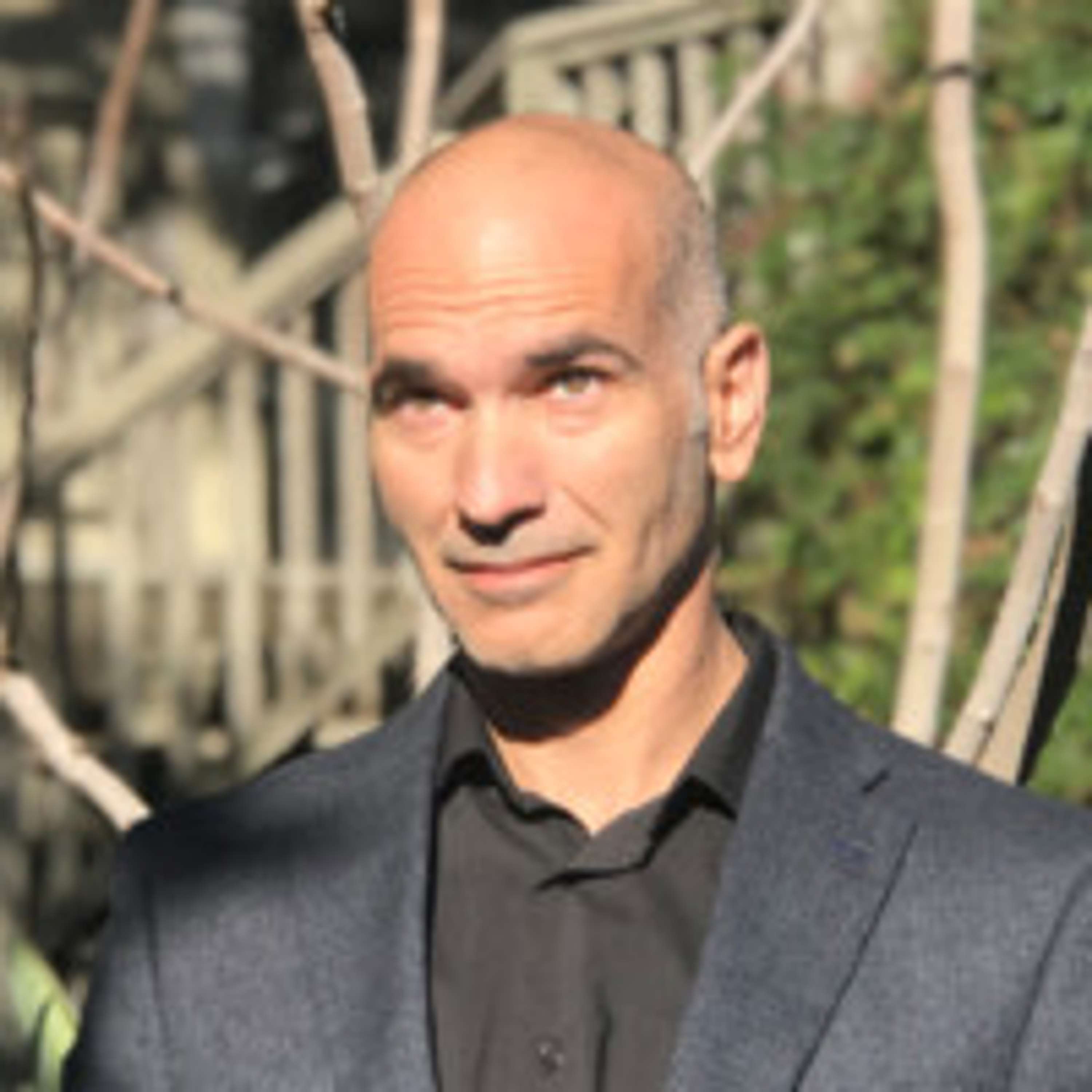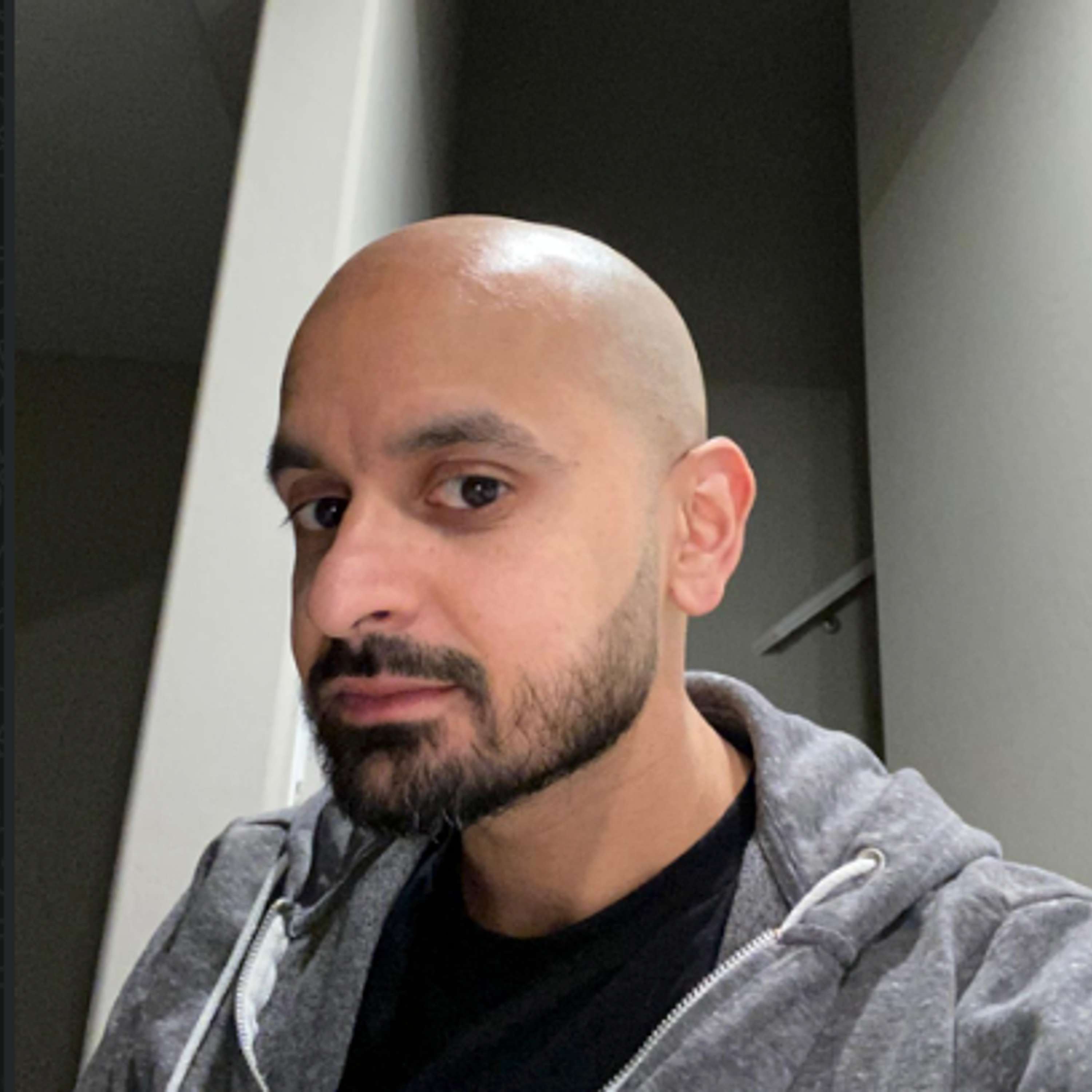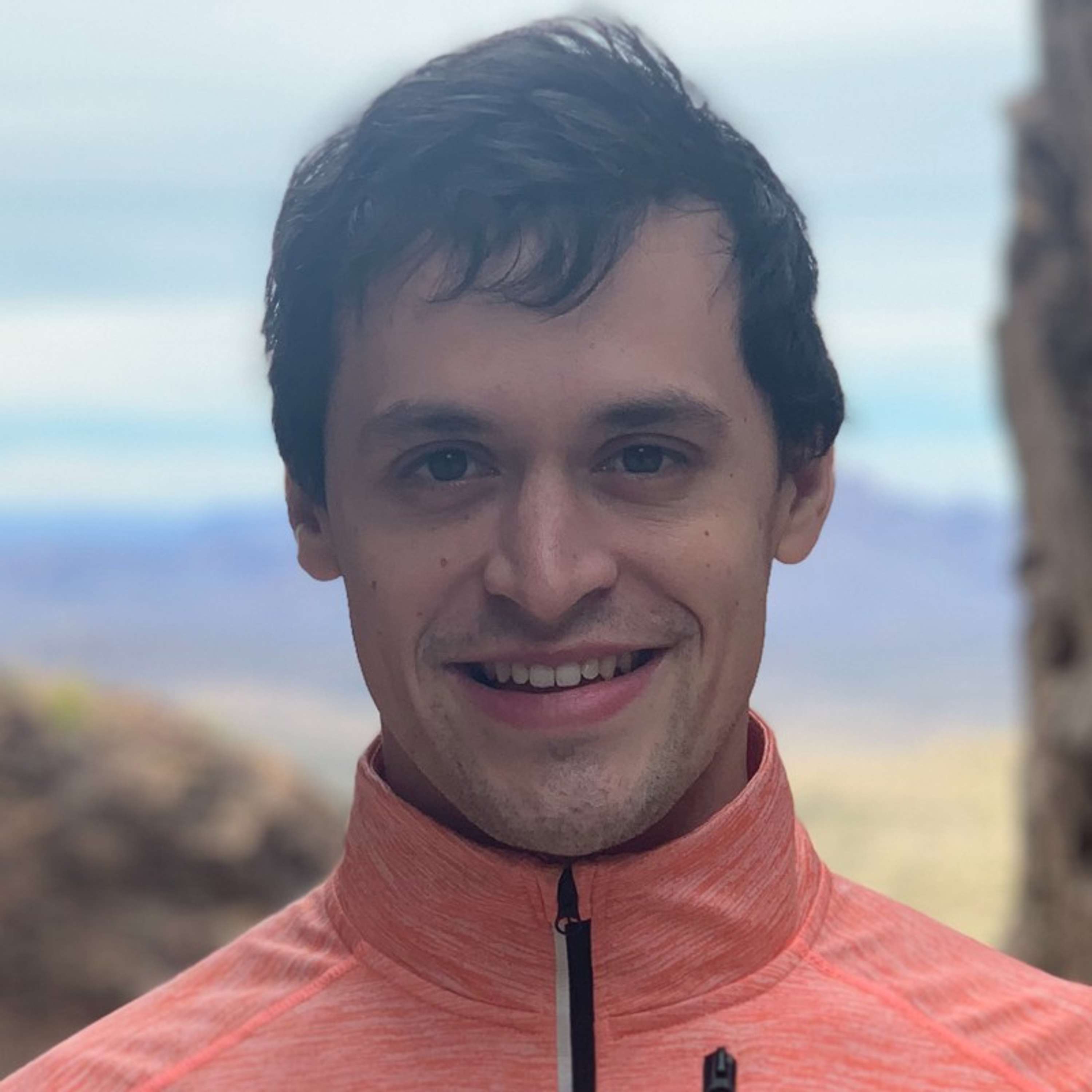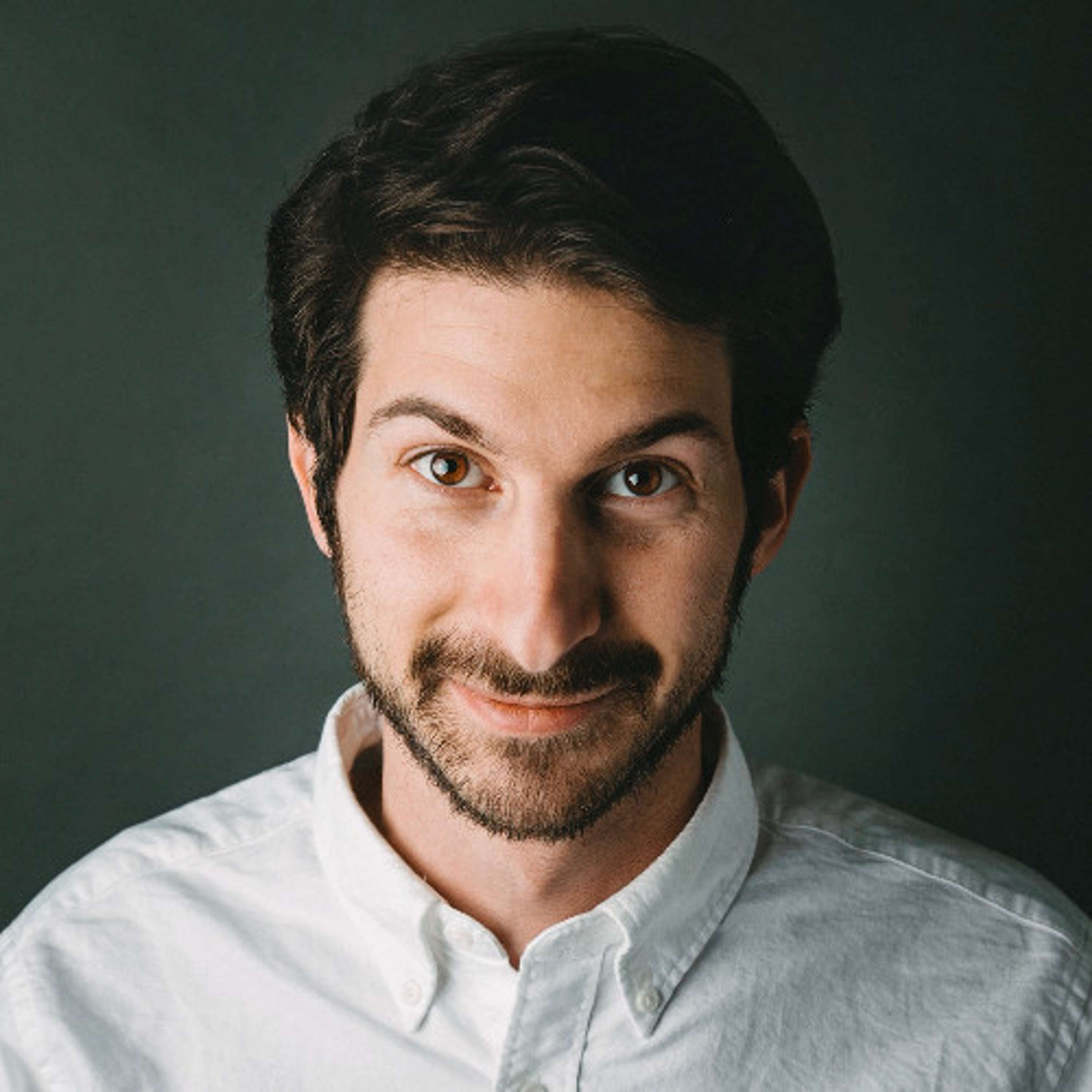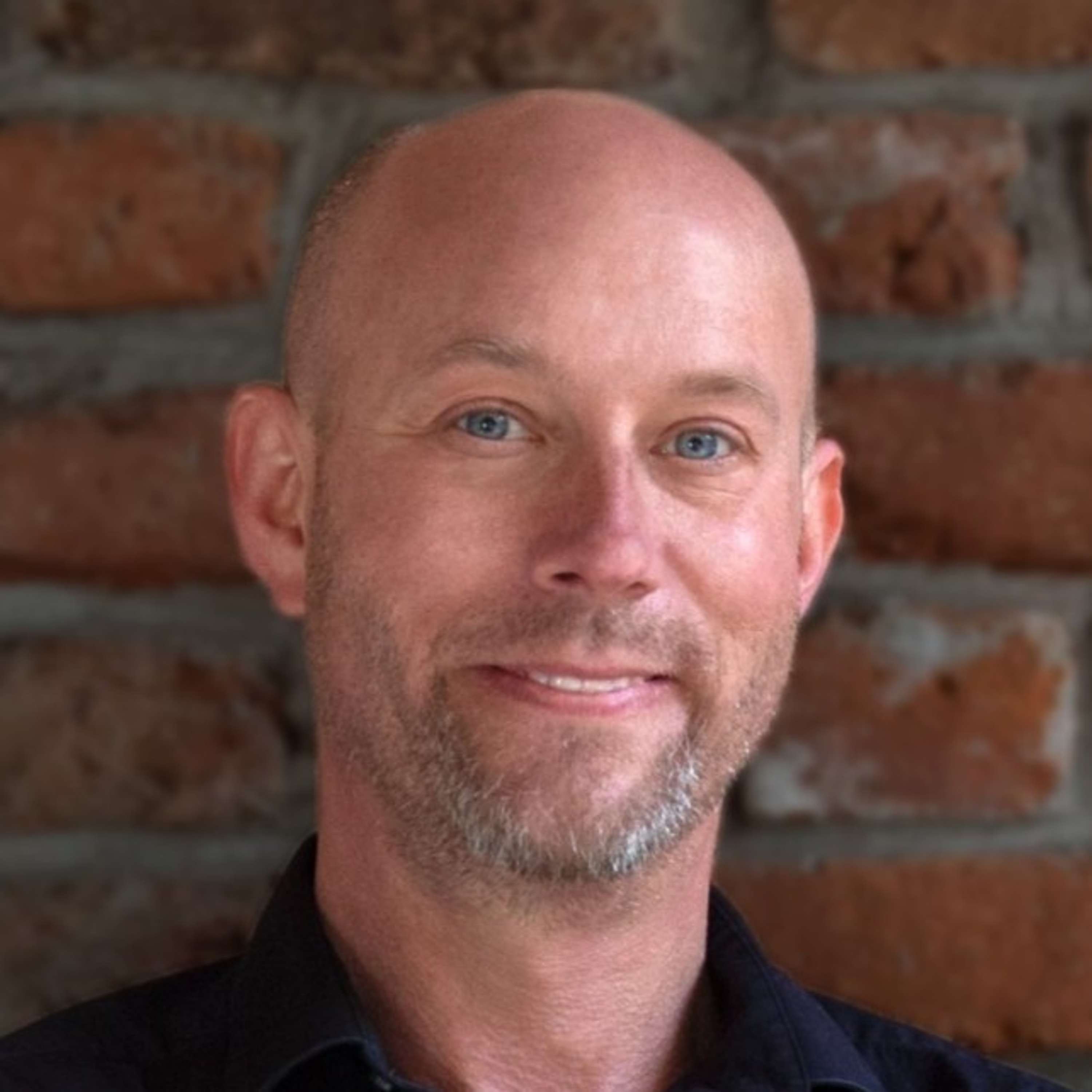Episode #417: Layers of Power: Language, Tech, and the New Rules of Free Speech
Description
On this episode of the Crazy Wisdom Podcast, host Stewart Alsop is joined by Katelynne Schuler, a thinker and innovator in the realms of psychology, religion, and philosophy. The conversation spans a wide range of compelling topics, including the layered nuances of Korean social hierarchy, the evolution of political language, and the shifting ideologies within Western conservatism. They explore the rebranding of the KKK, the deeper implications of free speech in a world dominated by digital platforms, and the unseen influence of corporations on government censorship. Katelynne also shares her insights on the psychology of "falls from grace" and how isolation during the pandemic may have catalyzed narcissistic tendencies in some people. The episode touches on larger philosophical questions about civilization, power, and media's role in shaping collective belief. To learn more about Katelynne Schuler, you can find her on Facebook under her name, Katelynne Schuler.
Check out this GPT we trained on the conversation!
Timestamps
00:00 Introduction to the Crazy Wisdom Podcast
00:32 Exploring Korean Culture and Social Nuances
02:52 Language and Political Ideologies
04:23 Project 2025 and Political Shifts
06:21 The KKK's Rebranding and Conservatism
10:25 Theocracy and Intersectionalism
11:14 Free Speech and Internet History
30:05 The Impact of COVID-19 and Vaccines
34:15 Clearing Out and Cognitive Dissonance
35:07 Pandemic Social Dynamics
36:06 Narcissism and Social Isolation
38:22 Conspiracy Theories and Social Impact
41:34 Lockdowns and Quarantine
43:25 Media Manipulation and Public Perception
44:52 Nanotechnology and Conspiracy Theories
49:42 Bill Gates and Genetic Engineering
52:42 Trump, Publicity, and Media Influence
58:41 Finance, Asset Valuation, and Media Future
01:03:30 Pandemic Warnings and Conspiracies
01:07:34 Conclusion and Contact Information
Key Insights
1. The Power of Language in Social and Political Systems
Katelynne Schuler highlights the profound role that language plays in shaping social dynamics, drawing on Korean culture's use of honorifics as a prime example. In Korean, different forms of language are used depending on social rank, respect, and familiarity, essentially creating three distinct "languages" within one. This insight is paralleled with Western political discourse, where the left and right often use the same words but with entirely different meanings. The observation points to a broader idea that shared language does not guarantee shared understanding—a crucial realization in an era of increasing political division.
2. Free Speech, Corporate Power, and Government Censorship
A central thread in the episode is the evolution of free speech in the age of digital platforms. Schuler and Alsop explore how platforms like Twitter and Facebook have become arenas where free speech is both enabled and curtailed. While platforms have the right to control content as private entities, the duo highlights the more concerning trend of governments using corporations as proxies to suppress dissent. This dynamic blurs the line between free enterprise and state censorship, raising questions about how much "free speech" really exists in online spaces.
3. The Psychological Fallout of Isolation and "Fall from Grace"
Katelynne offers a unique psychological perspective on how the pandemic-induced isolation created a rise in narcissistic tendencies. As people lost their social connections, especially those ostracized for holding unpopular views on COVID, their need for self-validation intensified. This "fall from grace" experience can push people toward more rigid thinking, strengthening their attachment to specific beliefs or ideologies. Schuler notes that this isn't a reflection of right or wrong beliefs but a psychological response to social exclusion. It's a profound insight into how isolation and rejection affect the human psyche.
4. The Rebranding of Extremist Ideologies
One of the more startling revelations is the claim that groups like the KKK have rebranded themselves with a new focus on Christian nationalism, moving away from racial exclusion and embracing ideological alignment with "Christian values." Schuler notes that this shift aligns with a broader push within segments of American conservatism to integrate Christian morality into governance. This evolution is compared to the broader concept of theocratic governance, where laws are designed to reflect specific religious values—a concept that is controversial, even within conservative circles.
5. Global Power Shifts and Lessons from History
The episode provides a historical deep dive into events like the Seven Years’ War, which Winston Churchill referred to as the first true "world war." Schuler suggests that while Germany was ostensibly defeated in this war, its real victory lay in how it exported its people and culture globally, influencing future power structures. This insight parallels modern debates about nationalism and globalism, with the hosts exploring how smaller, insulated communities might have better weathered the COVID crisis by closing off from global networks—much like Germany's "export" strategy.
6. Technology, Nanotechnology, and the Role of Bill Gates
Alsop and Schuler address the controversial role of Bill Gates, focusing on his investments in biotech and nanotechnology. They discuss Gates' involvement in genetically engineered mosquitoes released in South America and the ethical questions it raises. There’s also a hint of speculative intrigue around nanobots, with references to origami-style nanostructures found in human blood. While these claims are framed as emerging curiosities rather than confirmed realities, they touch on larger concerns about who controls emerging technologies and to what end.
7. The Fragmentation of Media and the Future of Information
Finally, the episode explores the fragmentation of media and its impact on public consciousness. Unlike previous decades when a few major outlets shaped collective opinion, today's media landscape is fractured, with individuals curating their own reality through niche sources. While this decentralization of media offers more choice, it also leads to greater division, as people consume entirely different versions of reality. Schuler suggests that this lack of a shared narrative might weaken societal cohesion, as people lose common ground on basic truths. This shift toward decentralized media aligns with broader conversations about social media algorithms and "echo chambers," where everyone has their own version of reality.


